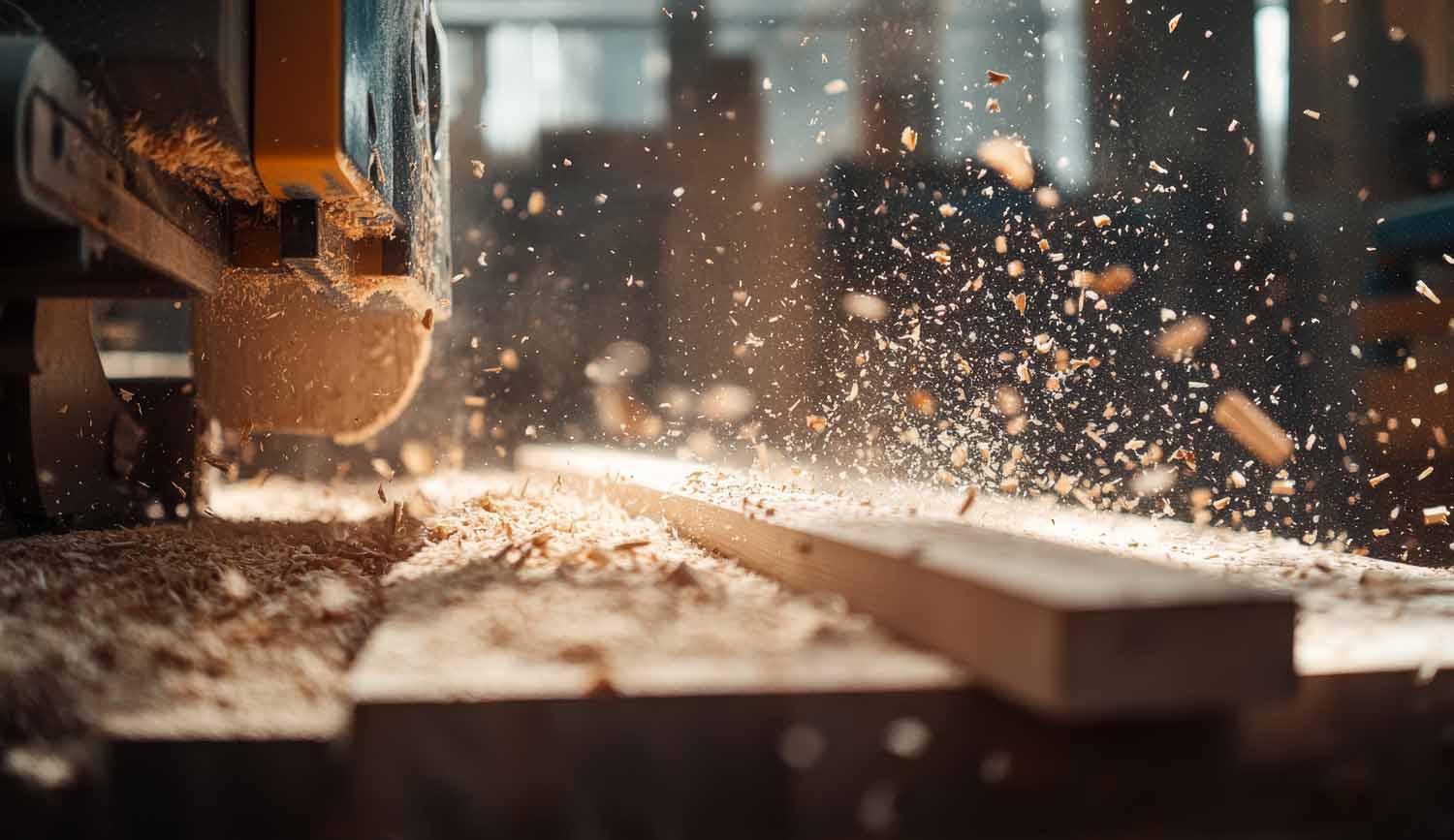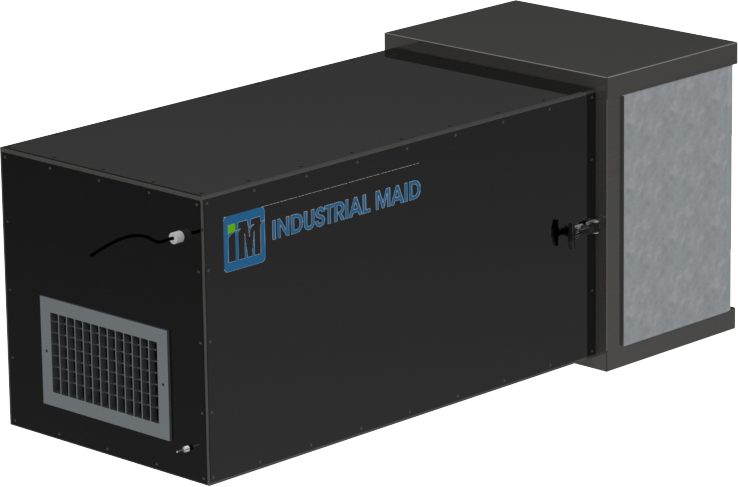Wood Dust Collection
Wood dust can be a small problem or a large problem. Depending on the extent of your woodworking shop, i.e., working from your basement, maintaining table sawdust, controlling dust in a medium to large shop or setting up a shop dust collection system that can grow and evolve with your shop—the solution could be different. But, no matter what, a proper dust collection system that ensures a clean and healthy shop is important.
Whether you’re a hobbyist who does a little bit of woodworking on the side to someone who makes their living off of it—controlling the dust is important. From fine dust to larger sawdust particles—each of them results in loss of respiratory function, some permanent and some not, depending on the extent and longevity of the exposure. Research shows that almost one in seven woodworkers develop a bad allergic reaction and one in fourteen is forced into early retirement, and approximately 1% of respiratory capacity is lost per year of continuous woodwork.
These numbers alone should be enough to teach us the importance of air filtration and collection of wood dust is any woodworking shop. At Industrial Maid, we hold equal importance to helping you achieve healthy air and a healthy business.
How much CFM do I need for my Wood Shop?
CFM is an important number to pay attention to when looking for a wood dust collection solution. CFM stands for Cubic Feet per Minute and refers to the measure of air volume moved by the fan blower. Depending on the size of your room or shop, you want to ensure you have an air filtration system with a CFM that will ensure adequate ventilation.
As a good rule of thumb, a HEPA filtered mask along with doing any woodworking activities outside when feasible will help prevent health issues due to wood dust. Because wood dust is so fine and collects in such quantity, control can take multiple solutions even in smaller shops.
Larger hobbyist stations or shops should have a minimum of 800 CFM in their shop and should have air circulation happening at a fairly high speed. As the size of the shop goes up and the space needed for woodworking, the CFM should increase accordingly.
In addition to CFM, ducting size will also make a difference in a small to large shop. You want to ensure your ducting size is large enough to collect dust particles at a high speed without leaving any debris behind.
From trashcan and cyclone separators to stock filters to fine filters and many other solutions out there—the best option for you depends on the amount of work you are doing, your location and the setup of your building, which determines the best option for outside filtration. Wood dust is not a particle to be taken lightly and all precautions should be put in place to avoid any health risks. At Industrial Maid, we’ve helped countless in this industry and we can help you as well, just give us a call.



